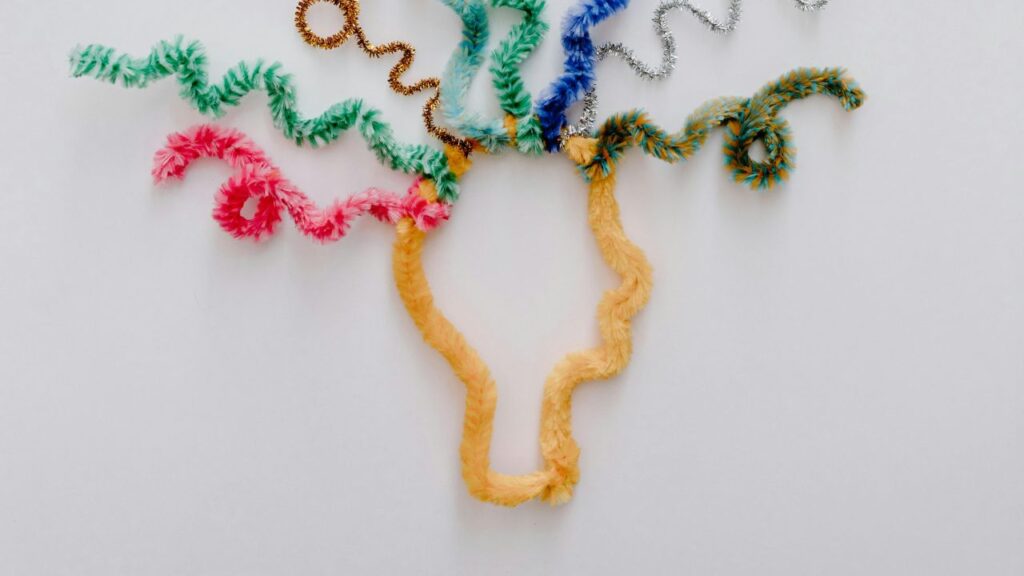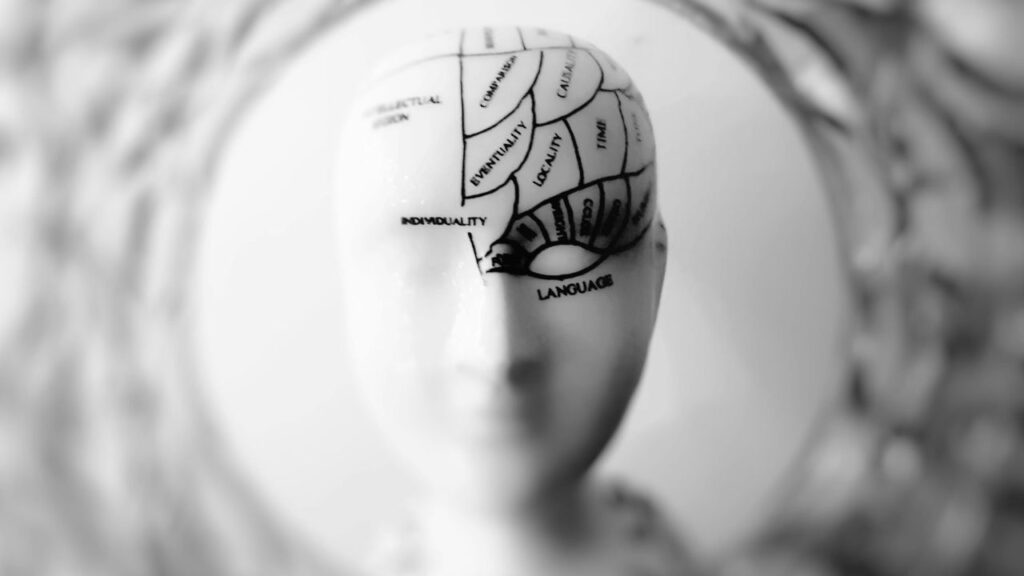When individuals struggle with substance abuse, they often face mental health challenges simultaneously. These co-occurring disorders, also known as dual diagnoses, require specialized treatment that addresses both issues concurrently. At The Bluffs Addiction Campuses in Ohio, we understand the importance of providing comprehensive care for patients dealing with addiction and mental health concerns.
The Significance of Addressing Mental Health in Addiction Treatment
Substance abuse and mental health disorders frequently go hand in hand. According to the 2021 National Survey on Drug Use and Health:
- 13.5 percent of young adults aged 18 to 25 had both a substance use disorder and any mental illness in the past year.
- Nearly 1 in 3 adults had either a substance use disorder or any mental illness in the past year, and 46 percent of young adults 18-25 had either a substance use disorder or any mental illness.
Ignoring the mental health component of addiction can lead to incomplete treatment and a higher risk of relapse. Mental health issues can act as a catalyst for substance abuse, as individuals may turn to drugs or alcohol to cope with their symptoms. Conversely, substance abuse can trigger or worsen mental health conditions. This complex relationship highlights the necessity of addressing both issues simultaneously in treatment.

Common Co-Occurring Disorders
Several mental health conditions commonly co-occur with substance abuse:
- Depression: Characterized by persistent feelings of sadness, hopelessness, and loss of interest in activities, depression can fuel substance abuse as a means of self-medication.
- Anxiety disorders: Individuals with anxiety disorders, such as generalized anxiety disorder or panic disorder, may use substances to alleviate their symptoms, leading to a cycle of addiction.
- Bipolar disorder: This condition, marked by alternating episodes of mania and depression, can be exacerbated by substance abuse, making it more difficult to manage mood swings and maintain stability.
- Post-traumatic stress disorder (PTSD): Trauma survivors with PTSD may turn to substances to numb their emotional pain, but this ultimately worsens their symptoms and hinders recovery.
- Personality disorders: Disorders such as borderline personality disorder or antisocial personality disorder can contribute to impulsive behavior and substance abuse.
These disorders can contribute to the development of addiction, and conversely, substance abuse can exacerbate mental health symptoms. Treating both conditions together is crucial for long-term recovery and improved quality of life.
The Benefits of Integrated Treatment
Integrated treatment, which addresses both substance abuse and mental health simultaneously, offers numerous benefits:
- Holistic approach: By treating the whole person, integrated treatment acknowledges the complex interplay between addiction and mental health. It recognizes that these issues do not exist in isolation and that comprehensive care is necessary for lasting recovery.
- Improved outcomes: Research shows that integrated treatment leads to better long-term recovery rates and overall well-being. By addressing the underlying mental health issues that contribute to addiction, patients are better equipped to maintain sobriety and manage their mental health.
- Tailored care: Dual diagnosis treatment plans are customized to each patient’s unique needs, ensuring a more effective approach. This personalized care takes into account the specific mental health concerns, substance abuse history, and individual circumstances of each patient.
- Comprehensive support: Patients receive a full spectrum of care, including therapy, medication management, and life skills development. This multi-faceted approach ensures that patients have the tools and support they need to navigate the challenges of recovery and build a fulfilling life.
How The Bluffs Can Help With Mental Health and Addiction
At The Bluffs Addiction Campuses, we specialize in treating co-occurring disorders. Our experienced team of mental health professionals and addiction specialists collaborate to create personalized treatment plans that target each patient’s specific needs. We offer a range of evidence-based therapies, including cognitive-behavioral therapy (CBT), dialectical behavior therapy (DBT), and trauma-informed care.
Our serene, welcoming environment provides a safe space for healing and growth. We understand that seeking help can be challenging, but our compassionate staff is dedicated to guiding patients through every step of their recovery journey. From the initial assessment to aftercare planning, we provide comprehensive support to ensure the best possible outcomes for our patients.
In addition to individual and group therapy, we offer family counseling to help repair relationships and foster a supportive network for our patients. We also provide education on addiction and mental health to empower patients and their loved ones with the knowledge and skills necessary for long-term recovery.
Take the First Step Toward Healing
If you or a loved one is struggling with substance abuse and mental health issues, know that you are not alone. The Bluffs Addiction Campuses is here to provide the support and expertise you need to overcome co-occurring disorders and build a foundation for lasting recovery. Don’t wait another day to start your path to healing. Call us now at 330-919-9228 to learn more about our dual diagnosis treatment program and take the first step toward a brighter future. Our admissions team is available 24/7 to answer your questions and help you begin your journey to wellness.








